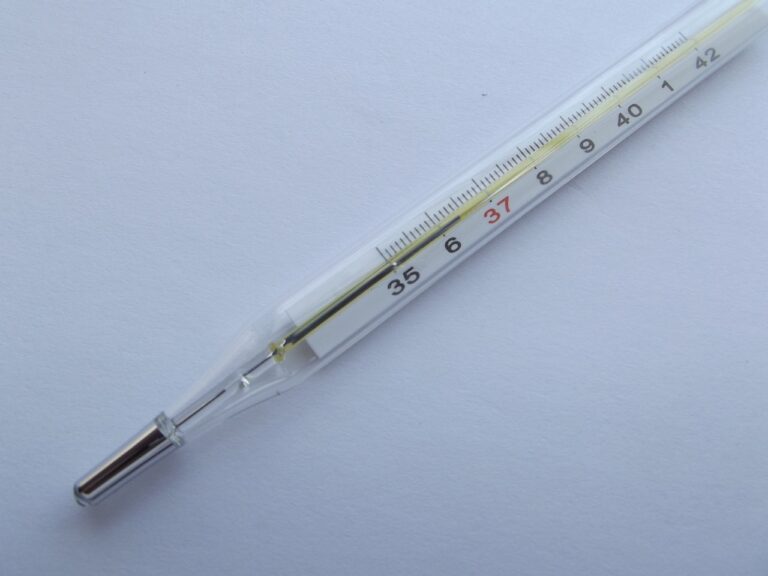The Impact of Diet on Blood Pressure
betbhai9 login, radhe exchange registration, 99 exchange: The Impact of Diet on Blood Pressure
High blood pressure, also known as hypertension, is a common health issue that affects millions of people worldwide. It is a major risk factor for heart disease, stroke, and other serious health conditions. While genetics and lifestyle factors play a role in the development of high blood pressure, diet is one of the key elements that can significantly impact blood pressure levels.
1. The DASH Diet
One of the most well-known diets for lowering blood pressure is the DASH diet, which stands for Dietary Approaches to Stop Hypertension. This diet emphasizes the consumption of fruits, vegetables, whole grains, lean proteins, and low-fat dairy products while limiting sodium, saturated fats, and sweets. Studies have shown that following the DASH diet can lead to a significant reduction in blood pressure levels.
2. Sodium Intake
Sodium is a mineral that is essential for the body, but consuming too much of it can lead to high blood pressure. The American Heart Association recommends limiting sodium intake to no more than 2,300 milligrams per day, with an ideal limit of 1,500 milligrams per day for most adults. Be mindful of packaged and processed foods, as they often contain high levels of sodium.
3. Potassium-Rich Foods
Potassium is a mineral that helps the body regulate blood pressure by balancing out the effects of sodium. Foods rich in potassium, such as bananas, sweet potatoes, avocados, and leafy greens, can help lower blood pressure levels. Aim to include more potassium-rich foods in your diet to support healthy blood pressure.
4. Magnesium and Calcium
In addition to potassium, magnesium and calcium are also important minerals for maintaining healthy blood pressure levels. Foods rich in magnesium, like nuts, seeds, and whole grains, can help relax blood vessels and lower blood pressure. Calcium, found in dairy products and leafy greens, can also support healthy blood pressure levels.
5. Omega-3 Fatty Acids
Omega-3 fatty acids, found in fatty fish like salmon and mackerel, are known for their heart-healthy benefits, including lowering blood pressure. Incorporating fish into your diet a few times a week can help support healthy blood pressure levels. If you don’t eat fish, consider taking a fish oil supplement to get your omega-3s.
6. Limit Alcohol and Caffeine
While moderate consumption of alcohol and caffeine is generally considered safe, excessive intake can raise blood pressure levels. Limit your alcohol intake to no more than one drink per day for women and two drinks per day for men. Be mindful of caffeinated beverages like coffee and tea, especially if you notice they affect your blood pressure.
7. FAQs
Q: Can losing weight help lower blood pressure?
A: Yes, losing weight can have a significant impact on lowering blood pressure, especially if you are overweight or obese. Even a small amount of weight loss can lead to improvements in blood pressure levels.
Q: How quickly can diet changes lower blood pressure?
A: In some cases, making dietary changes can lead to a noticeable reduction in blood pressure levels within a few weeks. However, individual results may vary, and it’s important to work with your healthcare provider to monitor your progress.
Q: Are there any specific foods I should avoid to lower my blood pressure?
A: Foods high in sodium, saturated fats, and added sugars should be limited in a blood pressure-friendly diet. Processed foods, fast food, and sugary beverages are common culprits that can contribute to high blood pressure.
In conclusion, maintaining a healthy diet is essential for managing blood pressure and overall heart health. By emphasizing fruits, vegetables, lean proteins, and whole grains while limiting sodium and unhealthy fats, you can support healthy blood pressure levels and reduce your risk of cardiovascular disease. Remember to consult with your healthcare provider before making any significant changes to your diet, especially if you have high blood pressure or other health conditions.







